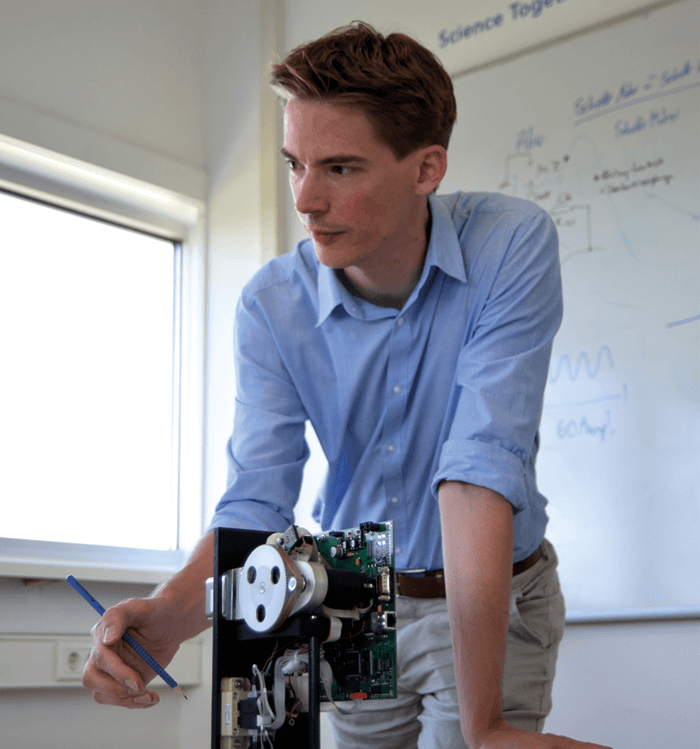What drew you to KNAUER?
I used KNAUER products during my PhD, and the company was on my radar as a manufacturer for high-quality lab devices. When a job opportunity came up – straight after my PhD – I jumped at the chance! It was a big risk to move more than 600 km with a young family, but I have no regrets. I’ve always loved the idea of moving technology forward, so working for an instrument developer is perfect for me. I enjoyed my academic studies, but I wanted to find work with a more tangible impact – something that really makes a difference to scientists in all sorts of fields. It really motivates me to think that my work here could ultimately play a part in curing disease or protecting the environment.






